
Olive groves burned
Olive trees, the main ingredient of the traditional Palestinian soap "Nabulus Soap," have been cherished and protected by the Palestinian people for generations. However, now these precious olive trees are being cut down and burned, and people are being driven out of their homes.

The last factory in Palestine
Due to repeated wars, the last soap factory remaining in Palestine is in danger of disappearing. We are working to preserve traditional Palestinian soap for the future.

UNESCO Intangible Cultural Heritage
Nabulsoap, a traditional Palestinian soap that has been around since the 10th century, has been registered as a UNESCO Intangible Cultural Heritage.
NABLUS SOAP / ナーブルスソープ
[The last soap factory in Palestine] Protecting traditional Palestinian soap from the threat of extinction
[The last soap factory in Palestine] Protecting traditional Palestinian soap from the threat of extinction
Couldn't load pickup availability
[The last soap factory in Palestine]
Supporting endangered Palestinian traditional soap
The effects of war and settlements have spread not only to Gaza but also to the West Bank, affecting soap factories in Nablus.
As Japanese people who have had a connection with Palestine, we continue to sell Nablus Soap with the hope that more people will become aware of this soap and use it in their daily lives.
Nablus soap, which has been handed down since the 10th century AD, is more than just soap.
It is a "living heritage" that has continued to protect the local way of life and culture, and is still being protected by many people.
To pass on this tradition to the future, each and every one of us needs the "power to choose."
I hope that everyone in Japan will pick up Palestinian soap.
Each and every choice you make will have a major impact on supporting local industries, families, and a bright future.
\ Please help spread the word /
Nablus1611 Traditional Soap User Review
*Nablus1611 Traditional Soap has been tested by about 30 people in the past. Below are some excerpts from handwritten reviews sent in by those people.
大人はつっぱらないし、お肌のカサカサ感もでません。泡もとってもしっとり濃厚できもちいいです。
子供もこの泡に大喜びで毎日楽しんでします。
![[The last soap factory in Palestine] Protecting traditional Palestinian soap from the threat of extinction](http://yourorganics.shop/cdn/shop/files/banner-nablus-2-1.jpg?v=1740835825&width=1445)
![[The last soap factory in Palestine] Protecting traditional Palestinian soap from the threat of extinction](http://yourorganics.shop/cdn/shop/files/4589864720263-1.jpg?v=1740835825&width=1445)
![[The last soap factory in Palestine] Protecting traditional Palestinian soap from the threat of extinction](http://yourorganics.shop/cdn/shop/files/4589864720263-3set.jpg?v=1740835825&width=1445)
![[The last soap factory in Palestine] Protecting traditional Palestinian soap from the threat of extinction](http://yourorganics.shop/cdn/shop/files/4589864720263-6set.jpg?v=1740835825&width=1445)
![[The last soap factory in Palestine] Protecting traditional Palestinian soap from the threat of extinction](http://yourorganics.shop/cdn/shop/files/4589864720263-48set.jpg?v=1740835825&width=1445)
![[The last soap factory in Palestine] Protecting traditional Palestinian soap from the threat of extinction](http://yourorganics.shop/cdn/shop/files/4589864720263-3.jpg?v=1740835825&width=1445)
![[The last soap factory in Palestine] Protecting traditional Palestinian soap from the threat of extinction](http://yourorganics.shop/cdn/shop/files/4589864720263-4.jpg?v=1740835825&width=1445)
![[The last soap factory in Palestine] Protecting traditional Palestinian soap from the threat of extinction](http://yourorganics.shop/cdn/shop/files/NA-SET-8_c6200eec-f8bb-4eae-a4b6-29b0d2b94ce3.jpg?v=1754895907&width=1445)
![[The last soap factory in Palestine] Protecting traditional Palestinian soap from the threat of extinction](http://yourorganics.shop/cdn/shop/files/NA-DS_image_d8cf427a-2d7a-4e9e-83d5-b6d3f22e664f.png?v=1754895907&width=1445)
![[The last soap factory in Palestine] Protecting traditional Palestinian soap from the threat of extinction](http://yourorganics.shop/cdn/shop/files/NA-PO_image.png?v=1754895907&width=1445)
![[The last soap factory in Palestine] Protecting traditional Palestinian soap from the threat of extinction](http://yourorganics.shop/cdn/shop/files/NA-AV_image.png?v=1754895907&width=1445)
![[The last soap factory in Palestine] Protecting traditional Palestinian soap from the threat of extinction](http://yourorganics.shop/cdn/shop/files/NA-DR_image.png?v=1754895907&width=1445)
![[The last soap factory in Palestine] Protecting traditional Palestinian soap from the threat of extinction](http://yourorganics.shop/cdn/shop/files/NA-TT_image.png?v=1754895907&width=1445)
![[The last soap factory in Palestine] Protecting traditional Palestinian soap from the threat of extinction](http://yourorganics.shop/cdn/shop/files/NA-TH_image.png?v=1754895907&width=1445)
![[The last soap factory in Palestine] Protecting traditional Palestinian soap from the threat of extinction](http://yourorganics.shop/cdn/shop/files/NA-GR_image.png?v=1754895907&width=1445)
![[The last soap factory in Palestine] Protecting traditional Palestinian soap from the threat of extinction](http://yourorganics.shop/cdn/shop/files/NA-NO_image.png?v=1754895907&width=1445)
![[The last soap factory in Palestine] Protecting traditional Palestinian soap from the threat of extinction](http://yourorganics.shop/cdn/shop/files/nablus_history_63c9aa28-9c7a-43a2-8d0d-9f4676acbee0.jpg?v=1754895907&width=1445)
![[The last soap factory in Palestine] Protecting traditional Palestinian soap from the threat of extinction](http://yourorganics.shop/cdn/shop/files/nablus1611_7e3b1ad0-1b48-4cf7-a464-6950cdddda0d.jpg?v=1754895907&width=1445)
![[The last soap factory in Palestine] Protecting traditional Palestinian soap from the threat of extinction](http://yourorganics.shop/cdn/shop/files/4589864720034-8_e229fa5d-111c-415c-980b-5cd0ea9aeb31.jpg?v=1758441156&width=1445)
![[The last soap factory in Palestine] Protecting traditional Palestinian soap from the threat of extinction](http://yourorganics.shop/cdn/shop/files/4589864720188-8_518f9a21-842d-4953-8d6a-b1fa6c6c5dc4.jpg?v=1758441173&width=1445)
![[The last soap factory in Palestine] Protecting traditional Palestinian soap from the threat of extinction](http://yourorganics.shop/cdn/shop/files/4589864720027-8_36ea5ea4-97a9-4e92-9080-933110b9f566.jpg?v=1758441196&width=1445)
![[The last soap factory in Palestine] Protecting traditional Palestinian soap from the threat of extinction](http://yourorganics.shop/cdn/shop/files/4589864720058-8_0f9eb116-dda8-4b5c-a70e-24761df8684c.jpg?v=1758441213&width=1445)
![[The last soap factory in Palestine] Protecting traditional Palestinian soap from the threat of extinction](http://yourorganics.shop/cdn/shop/files/4589864720041-8_93225bca-7a98-4f30-964f-5a24be5a62d0.jpg?v=1758441229&width=1445)
![[The last soap factory in Palestine] Protecting traditional Palestinian soap from the threat of extinction](http://yourorganics.shop/cdn/shop/files/4589864720065-8_ad88cb36-0880-4ae9-a17e-3bce5d268d25.jpg?v=1758441247&width=1445)
![[The last soap factory in Palestine] Protecting traditional Palestinian soap from the threat of extinction](http://yourorganics.shop/cdn/shop/files/4589864720010-8_d7eb70ba-0b44-481f-b4a4-a38e59a07c50.jpg?v=1758441263&width=1445)
![[The last soap factory in Palestine] Protecting traditional Palestinian soap from the threat of extinction](http://yourorganics.shop/cdn/shop/files/4589864720164-8_85677dbc-d7fc-4cd5-b23e-fb26547a0aa4.jpg?v=1758443124&width=1445)
![[The last soap factory in Palestine] Protecting traditional Palestinian soap from the threat of extinction](http://yourorganics.shop/cdn/shop/files/4589864720072-8_961572f3-000a-4775-bd55-3d6c10b55eab.jpg?v=1758441127&width=1445)
![[The last soap factory in Palestine] Protecting traditional Palestinian soap from the threat of extinction](http://yourorganics.shop/cdn/shop/files/NA-DC50-3.jpg?v=1759223360&width=1445)
![[The last soap factory in Palestine] Protecting traditional Palestinian soap from the threat of extinction](http://yourorganics.shop/cdn/shop/files/NA-NC50-3.jpg?v=1759223360&width=1445)
![[The last soap factory in Palestine] Protecting traditional Palestinian soap from the threat of extinction](http://yourorganics.shop/cdn/shop/files/NA-DC-NC.jpg?v=1759225873&width=1445)
![[The last soap factory in Palestine] Protecting traditional Palestinian soap from the threat of extinction](http://yourorganics.shop/cdn/shop/files/4589864720393_d4eab86e-827b-44db-b593-8f39fe3e73e1.jpg?v=1769276212&width=1445)
MEDIA
Media Coverage

It was featured in the Nikkei newspaper.
This crowdfunding campaign was featured on the front page of the Nikkei newspaper's " Shunju " edition on July 12, 2024.

It was featured in the Tokyo Shimbun newspaper.
This project was featured in the Tokyo Shimbun newspaper on July 4, 2024, in the article " Soap in War, Help !"

It was featured in the Wall Street Journal.
On November 5, 2024, Nablus Soap's current situation in Palestine, " West Bank on the brink of economic collapse, " was published.

It has been registered as a UNESCO Intangible Cultural Heritage.
On December 4, 2024, Nabulsoup was registered as a UNESCO Intangible Cultural Heritage .

-
We ask for your support in order to preserve this precious culture and technology.
My name is Fujiwara and I work at YOUR ORGANICS LLC, an import company that deals in organic cosmetics from around the world (free of chemical pesticides, synthetic fertilizers, environmental hormones and genetically modified organisms).
On Sunday, April 28, 2024, we received a message from a Palestinian soap factory that it had been caught in the crossfire. The situation is serious, and it is difficult to continue making soap.
The factory has a long history, having been founded in 1611 (11 years after the Battle of Sekigahara) and is one of the last two soap factories still standing in Palestine, and also the only one that sells to the world .
If this factory were to close, it would mean the end of Palestinian traditional soap-making history .
-

-

War hits Nablus region in the West Bank
The situation in the Palestinian West Bank is simply speechless.
The current fighting has already spread beyond Gaza to the whole of Palestine, resulting in many civilian casualties , especially children and women . -
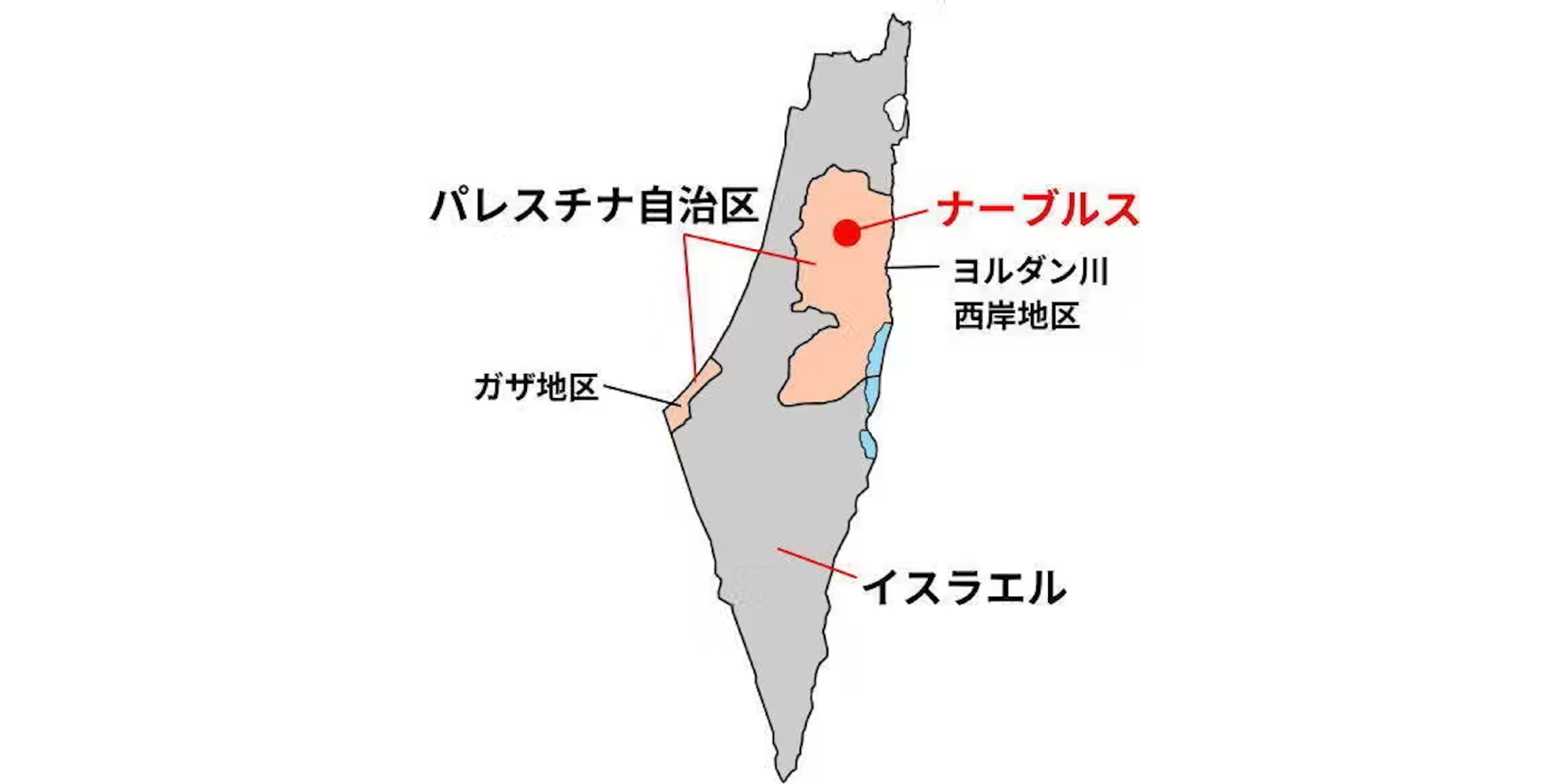
Farms that produce olives, the main raw material for soap, also became battlefields, with settlers cutting down and burning the olive trees.
As a result, most of the olive trees failed to bear fruit last year.
Then, on April 15, 2024, a victim was found among the family who ran the soap factory. -
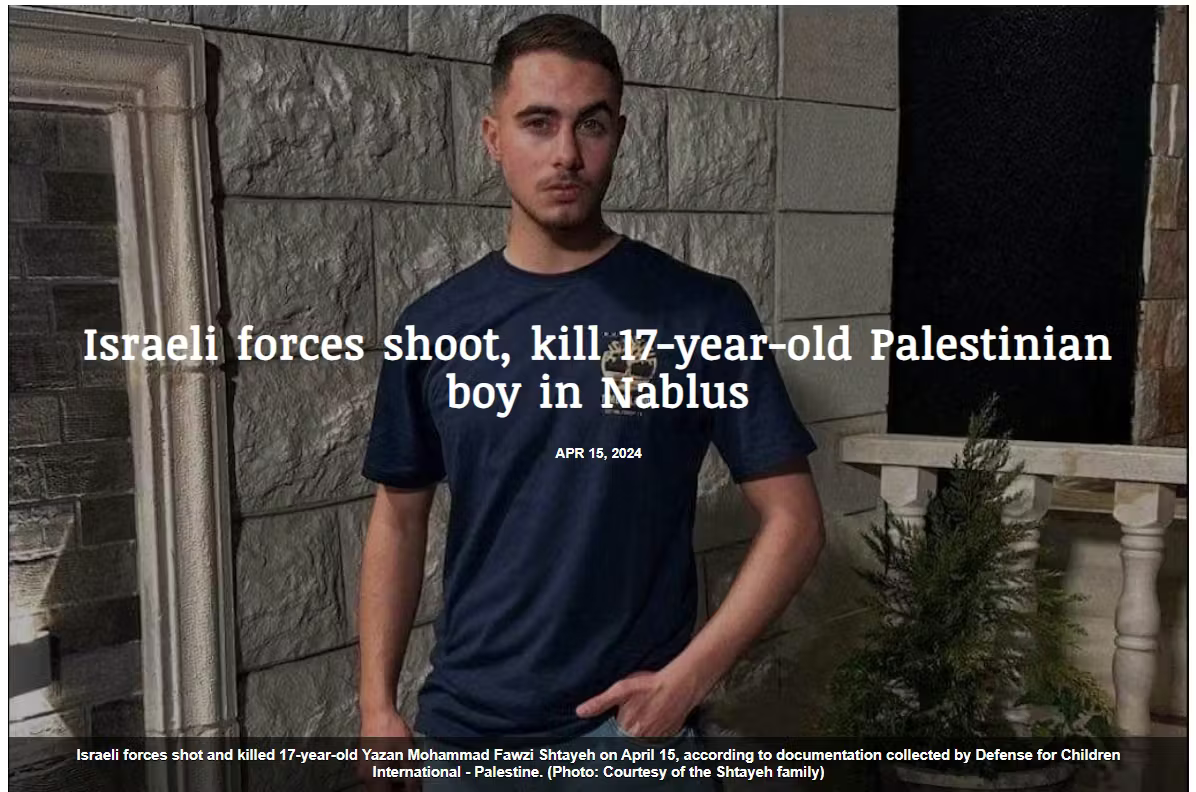
*Note: The boy in the photo is another victim and is not a relative of theirs.
The Nablus region of the West Bank is a peaceful place located in stark contrast to Gaza.
It was supposed to be a place of safety.
There was almost no local information available in Japanese, so I obtained information in English, but the reality that was described was nothing but tragic, and I was simply speechless at the devastation.
Now gunfire rings out every day and ordinary citizens fall victim to violent bullets every day.
Since October 7, 2023, when the full-scale military attack on the Gaza Strip began, 117 children living in the Strip have lost their lives. -
The last soap factory in Palestine
Nablus soap has been made in the West Bank of Palestine since the 10th century, but political tensions, military conflicts and repeated wars have caused many factories to close.
Of the dozens of factories that existed in the 1900s, only two remain today. -
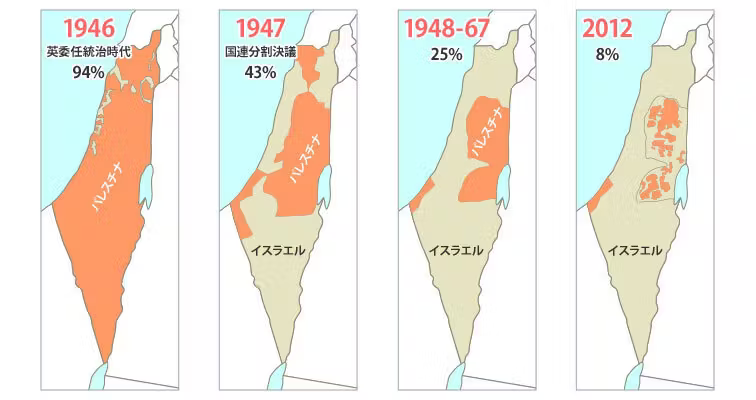
(Source: PASSIA)
Its history is long, and existing records show that soap trade began in this region around the 10th century.
In the 15th and 16th centuries, it was distributed to every corner of the Mediterranean islands, and from there it found its way to Queen Elizabeth I of England. -
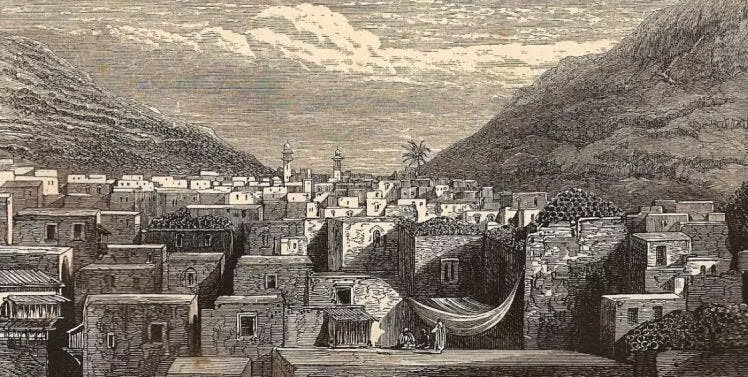
Queen Elizabeth I praised the soap highly , and it wasn't long before Palestinian soap, rich in beauty ingredients, became popular among European women.
During the British Raj (1920-1949), the British government had the soap analysed by a London laboratory in 1934 and certified that its ingredients were completely natural and free of added chemicals.
In the 1830s, John Bowring, a British political economist, traveller and former Governor of Hong Kong, described it as "a soap of great importance in the Levant (the historical name for the eastern Mediterranean region)."
The traditional handmade soap making method, which has been handed down in Palestine since the 10th century, is made using a special recipe handed down by the Tubeleh soap clan.
The soap laid out on the floor was shaped by soapmakers, and the beautiful geometric patterns created by the piles of soap have often been shown around the world.
The soap maker who cuts this soap is called a Tubeileh.
They are the family from which the soap makers' official name comes from . -
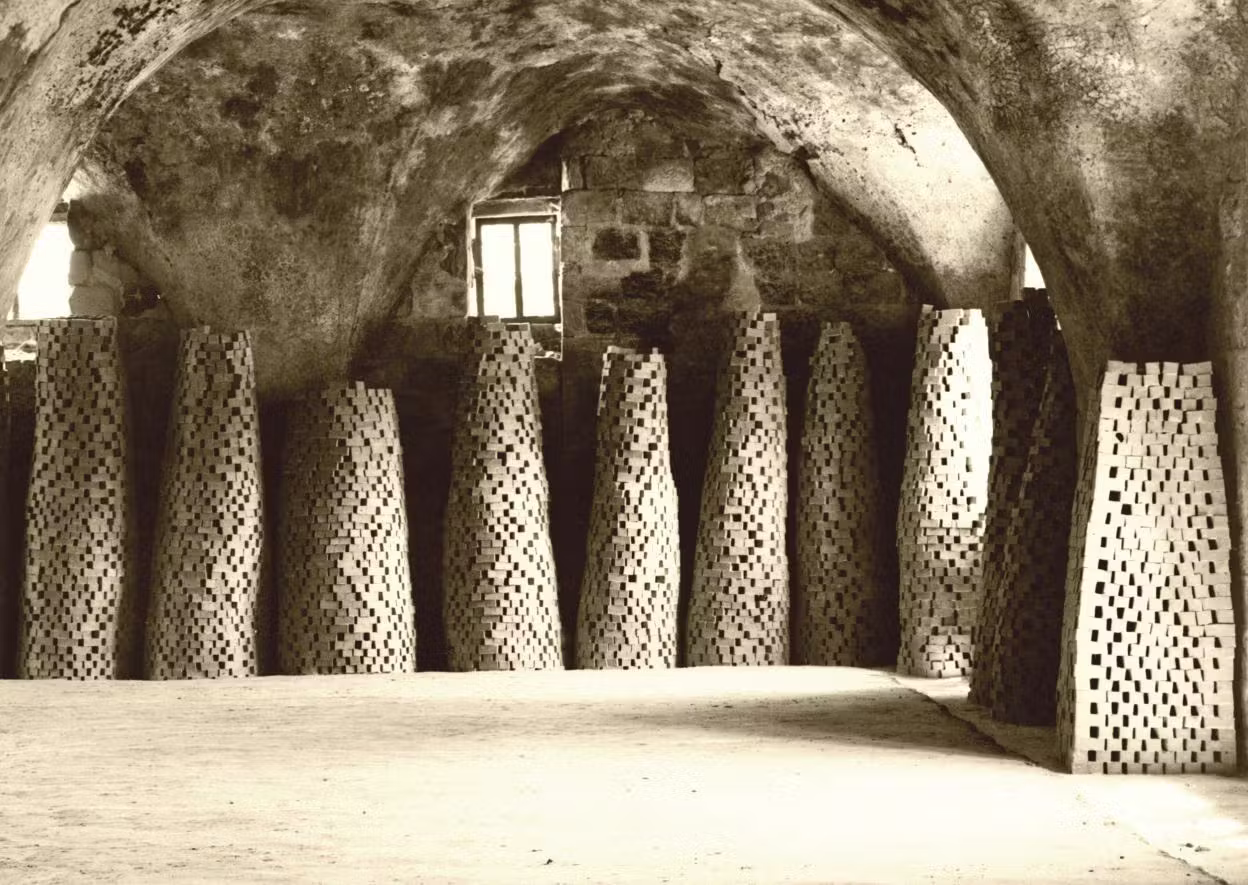
The Palestinian soap we currently sell in Japan, "Nabulus Soap," is a new soap created by the Toubele family, a high-grade model of organic soap newly developed for developed countries overseas.
Nabulus Soap has received the international organic certification Ecocert, and is sold as one of the world's oldest remaining soaps, a trusted certified soap with evidence that the raw materials used are free of chemical pesticides, synthetic fertilizers, environmental hormones, and genetically modified technology.
In December 2024, it was registered as a UNESCO Intangible Cultural Heritage in the midst of war. -
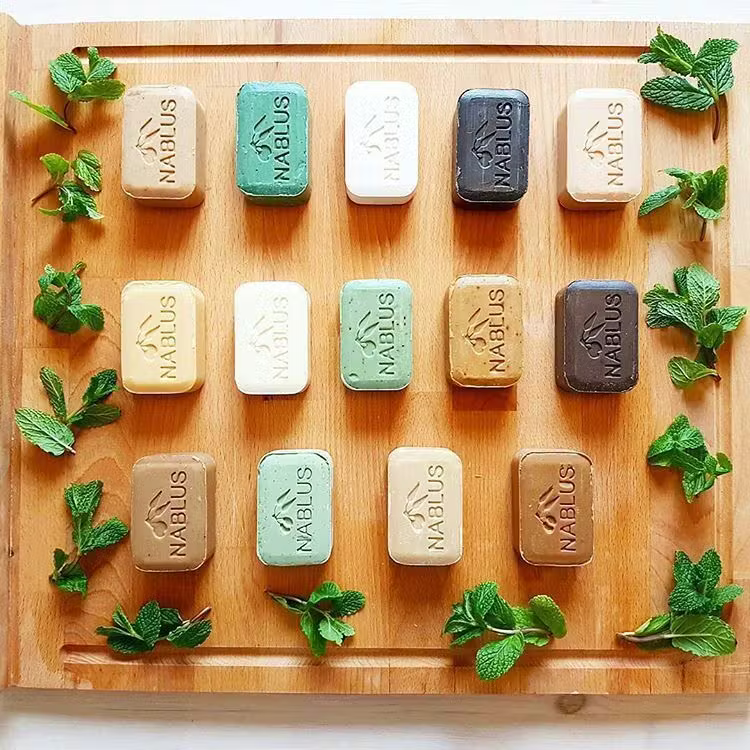
The products currently being sold are those manufactured up until 2023.
Furthermore, the soap factory explained that because the Ecocert certification organization has completely suspended the travel of its inspectors to the Palestinian area, any products manufactured in the future will no longer be granted Ecocert certification.
Olive fields, the main ingredient of olive oil, have also become battlefields, and olive harvests have declined significantly. -
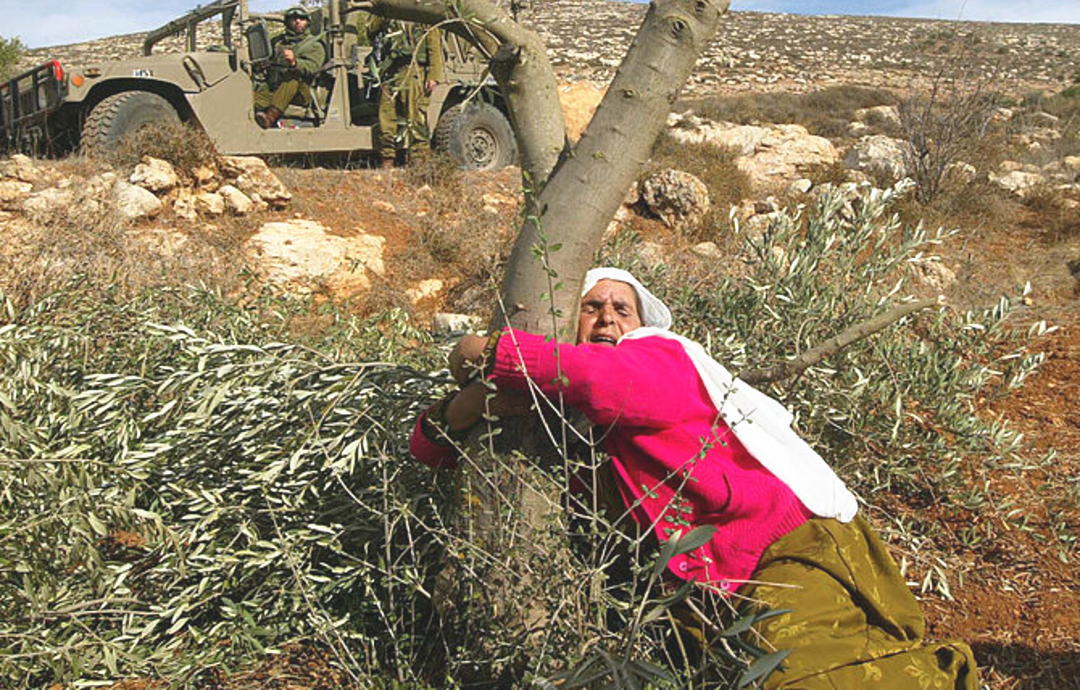
Land Stolen, Olive Trees Destroyed
The deteriorating situation in the West Bank
Even if a ceasefire is agreed upon, settlement activity in the Palestinian West Bank will not stop.According to the United Nations Office for the Coordination of Humanitarian Affairs (OCHA), there have been more than 1,000 settler attacks on Palestinians since October last year, leaving 1,390 people, including 660 children, homeless.
The Palestinians have repeatedly accused security authorities of condoning such violent settler attacks on villages.Today, settlers are intensifying their land plundering in this area, and olive groves that have been protected by the Palestinian people for generations are being mercilessly cut down and burned.
The olive trees that had been carefully cultivated are being cut down one after another, and the assets that had supported families' lives are being taken away.The olive tree is a symbol of Palestine and a key part of people's livelihoods, but the decline in olive harvest has led to a significant drop in olive oil production, with serious repercussions for the country.
This is especially devastating for traditional soap factories like Nablus Soap, where the price of olive oil, the main raw material, has skyrocketed and supplies are running short.
-
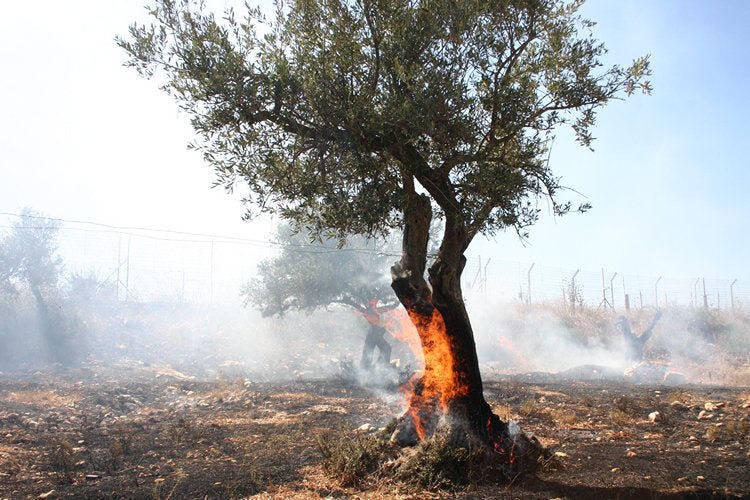
Is the war impossible to end?
These are incidents that would be enough to stun anyone in peacetime, but the country has been in a state of emergency for over 100 years, ever since the end of the 19th century, when migration to Palestine became popular against the backdrop of persecution of Jews in Russia.
The trigger for this was an attack by Hamas on October 7, 2023, which left 1,200 people dead and 251 taken hostage.
Since then, more than 41,000 people have been killed and more than 90,000 injured in Gaza alone. The area has been blockaded and has been suffering from serious water, food and other shortages for more than half a year, with people surviving hunger by eating animal feed.
Gaza has become virtually uninhabitable.
The Palestinian people are literally denied freedom and independence. -
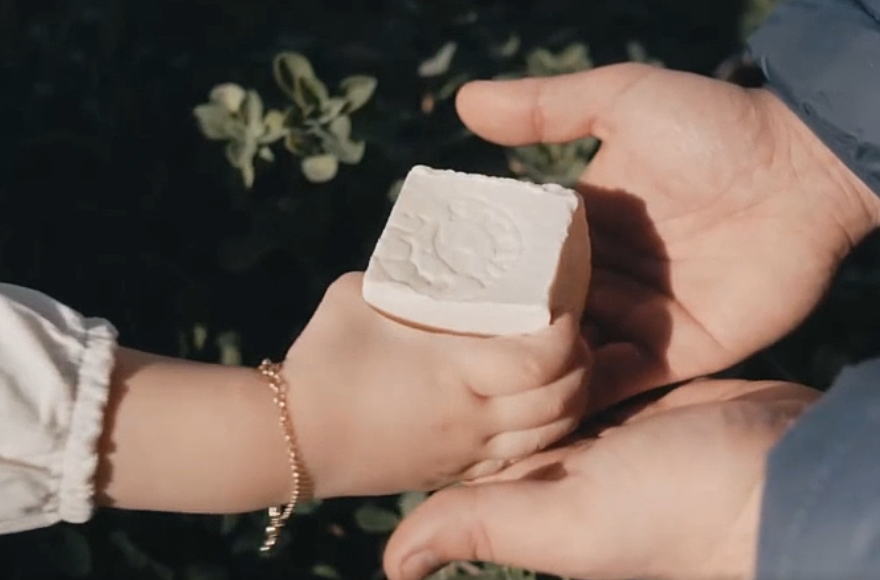
By purchasing soap, you will help support traditional industries in Palestine.
By purchasing soap made in Palestine, you are supporting the local soap industry.
However, due to the effects of war, transportation is extremely unstable, and there is a possibility that the soap you purchase may not reach Japan.
In that case, we guarantee a full refund.
In addition, the current weak yen has also had an impact on prices, but Palestinian artisans continue to produce this traditional soap, hoping that "everyone in Japan will use this soap."
Given the difficult situation that continues throughout Palestine, we will do our best to deliver soap that contains their hearts and souls. -
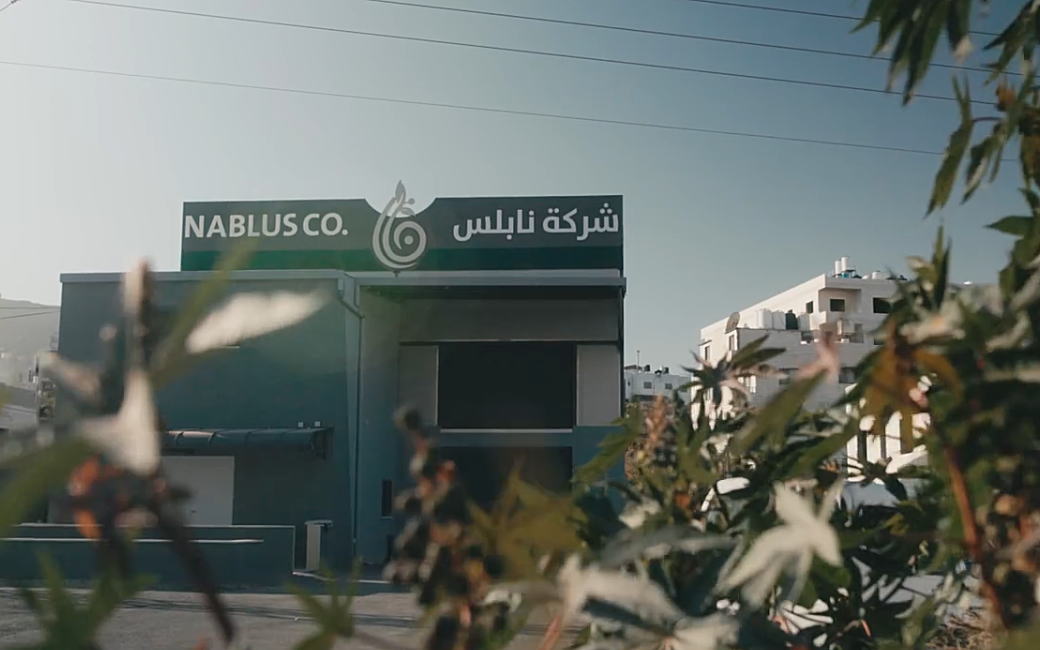
The donations will be used to cover the costs of purchasing soap, overseas shipping costs, domestic shipping costs, import procedures, temporary storage costs, various taxes, PR costs, soap shipping costs, and to support activities to keep the factory operating.
Even if transportation and advertising costs turn out to be higher than expected, we will not stop the project. We will bear the costs responsibly.
Shipping from Palestine is very unstable and expensive, so we only ship in bulk. Shipping times are listed for each product.If there is a delay in shipping, we will notify you in advance. Also, if the product does not arrive due to the situation in Palestine, we will provide a full refund.
-
-
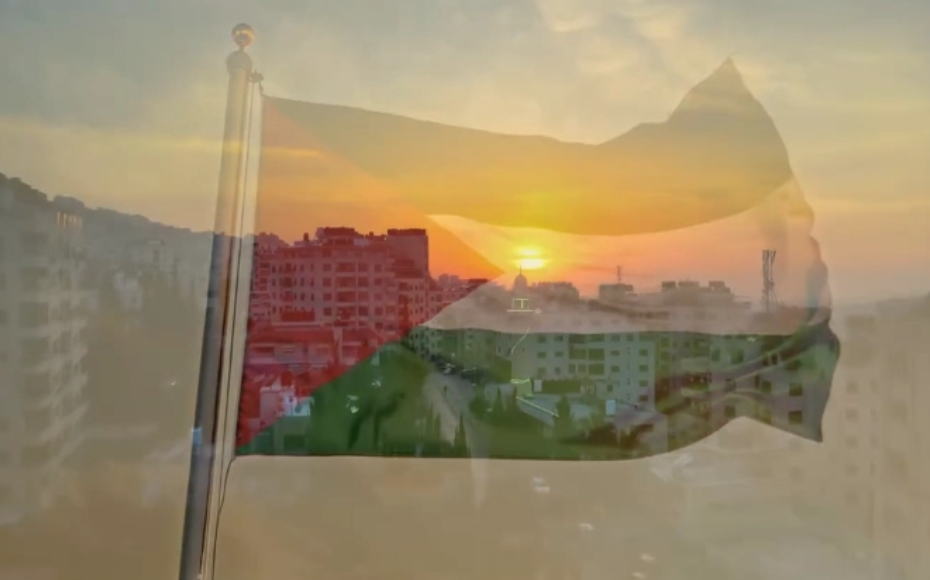
Traditional soaps passed down with unchanging passion
This soap is imbued with feelings of peace and gratitude, which have not changed since the company was founded , rather than sadness or anxiety.
Even in the midst of war, that determination never wavered.Palestinian traditional soap with a long history and the damage caused by conflict.
We had no idea how many people would support our idea of sharing these two contradictory pieces of information, or how much backlash it would provoke.But this is not a "random event."
Every day, the lives of children and women are being lost, more than half of the olive groves that have existed for thousands of years have been destroyed, and even the survival of soap factories is in jeopardy.Still, we want to carry this tradition into the future.
We need your help now to protect this soap industry, which has supported the Palestinian economy. -
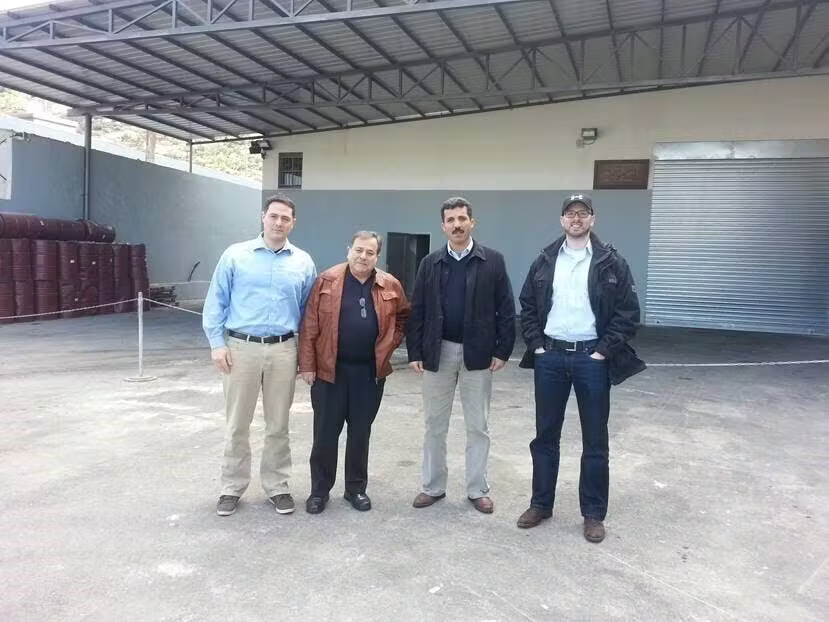
→ Below is some history, product information and background on Palestinian soap.
-
About Tradition
A traditional handmade soap making method that has been passed down in Palestine since the 10th century.
It is a "Family Secret" passed down in the Tubeileh soap clan.
The artisans who cut soap like stonecutters are called Tubeilehs .
They are the clan from which the term soapmakers originated. -
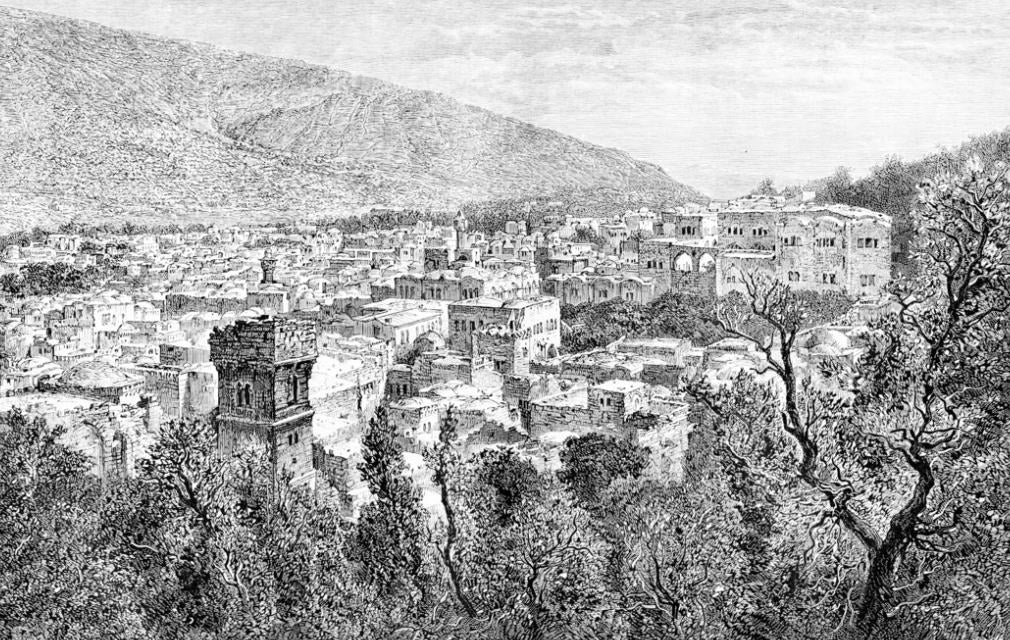
History
According to existing records, soap trade began in this region around the 10th century.
The small soaps that women in Nablus made for their own household use were distributed by the Bedouins to every corner of the Mediterranean islands in the 15th and 16th centuries, and from there they made their way to the British Queen Elizabeth I. Queen Elizabeth I praised the soap highly, and it wasn't long before Nablus soap, rich in beauty ingredients, became popular among European women.
During the British Raj (1920-1949), the British government had the soap analysed by a London laboratory in 1934 and certified that its ingredients were completely natural and free of added chemicals.
In the 1830s, John Bowring, a British political economist, traveller and former Governor of Hong Kong, described it as "a soap of great importance in the Levant (the historical name for the eastern Mediterranean region)." -
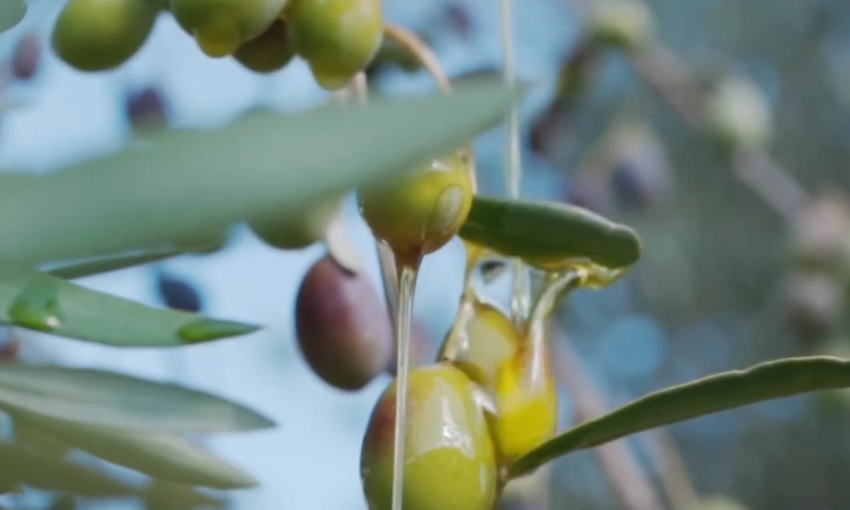
About the raw material virgin olive oil
The West Bank of Palestine is one of the areas famous for its olive oil production.
Olive trees have been cultivated in the region for thousands of years and have played an important role in Palestinian agriculture and culture.
The olive harvest takes place once a year, from early October to mid-November.
At this time of year, Palestinian rural areas are very lively. Farmers enjoy themselves as if they are holding festivals and celebrations.
The whole family participates from before sunrise to sunset, harvesting together regardless of age or gender.
If the fields are far away, we bring lunch and eat in the fields.
The scene is like a picnic.
Now, harvesting olives has become a life-risking task, and it is so dangerous for farmers to even go into the fields themselves that they are forced to outsource the harvesting work to outside companies. -
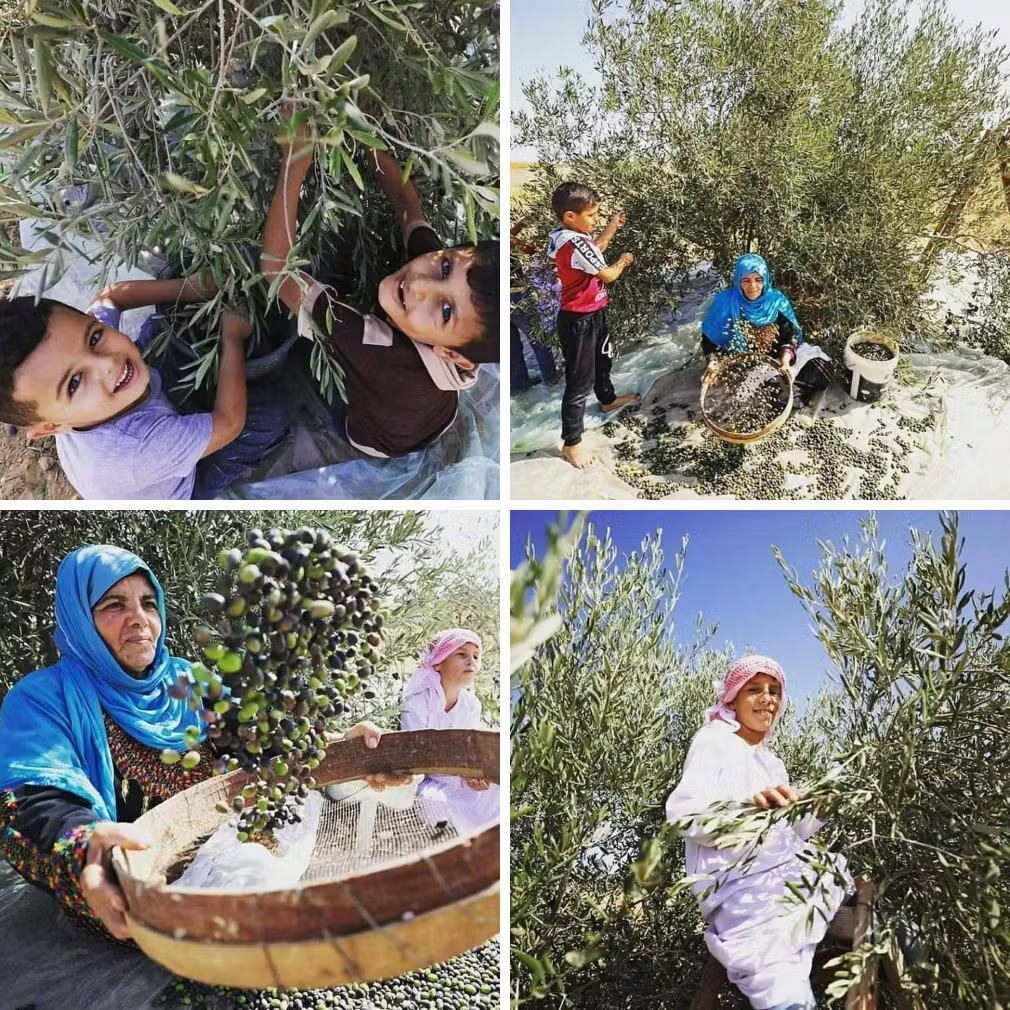
Olive harvesting in Palestine is characterised by the fact that it is essentially done by hand, without the use of machinery.
The reason for the insistence on hand-picking is due to the awareness that olives are important to Palestinians.
Another problem is that using machines can damage the olives, making it difficult to produce high-quality olive oil.
Palestinian virgin olive oil is known for its quality and distinctive flavour, and is highly valued not only for domestic consumption but also in the export market.
Popular around the world, it has won awards in many local and international competitions and is traded and certified under fair trade principles, supporting the economic sustainability of farmers. -
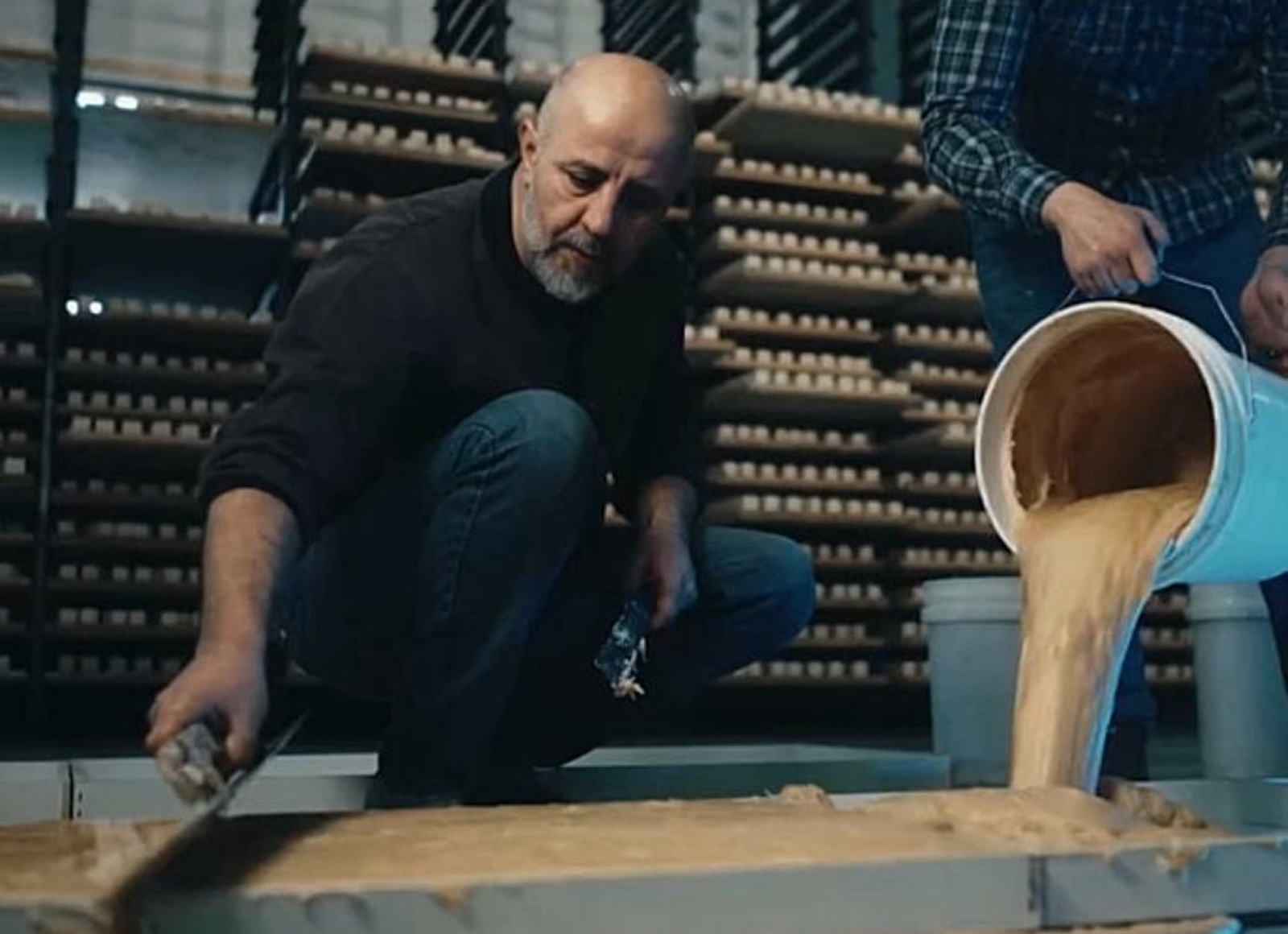
About Nablus1611 Traditional Soap
Nablus 1611 Traditional Soap contains over 60-80% virgin olive oil and is made entirely from natural, vegetable ingredients, making it suitable for daily use. Nablus Soap contains no preservatives and is not tested on animals. Nablus Soap is made from 100% natural ingredients without the addition of synthetic substances, making it 100% biodegradable. This is not only good for your skin, but also for the environment.
Nablus 1611 traditional soap is an organic soap made with only a few natural ingredients based on a mixture of olive oil and salt. To maximize the power of the natural ingredients, it is made according to a recipe that has been passed down for over 400 years by the soap family of Toubere. The soap blocks are shaped by the maker Toubere and piled into characteristic geometric shapes. They must then be dried for several more months before they are suitable for use. The finishing touch is the inscription "NABLUS".
Nabuls Soap introduction video
Certifications obtained by Nablus1611 traditional soap
-

ECOCERT ORGANIC COSMETICS
French organic certification is said to be the strictest in the world
-

ECOCERT NATURAL COSMETICS
French organic certification is said to be the strictest in the world
-

Halal Certification
Certified by the Palestine Standards Institute (PSI)
-

Cruelty Free
No animal testing
List of Nabuls Soap
Support the cause by using "Nablus 1611 Traditional Soap," made using traditional methods at a soap factory founded in 1611.
*Can be used on the face, whole body and hair.
*Can be used on sensitive skin, dry skin, combination skin, oily skin, and normal skin.
*Can also be used by infants and young children.

Nabuls Soap
Nablus1611 Traditional Soap x 1 1,980 yen
Including consumption tax
120g/each/approximately 1-2 months use

Nabuls Soap
Nablus1611 Traditional Soap x 3 5,643 yen [5% OFF]
Including consumption tax
120g/each/approximately 6-12 months use

[Recommended] Nabuls Soap
Nablus1611 Traditional Soap x 6 10,692 yen [10% OFF]
Tax included, free shipping
120g/each/approximately 6-12 months use

Nabuls Soap
Nablus1611 Traditional Soap 76,032 yen [20% OFF]
Tax included, free shipping
120g/piece/approx. 4-8 years usage

[Recommended] Nabuls Soap
Set of 7 + 2 foaming nets 12,491 yen [15% OFF]
Including consumption tax
100g/unit x 7 units + 2 organic cotton foaming nets

Nabuls Soap
Avocado 1,980 yen
Including consumption tax
100g/each/approximately 1-2 months use

Nabuls Soap
Face Cream (Night Cream) 6,380 yen
Consumption tax included
50ml/Approx. 1-2 months use
<Ingredients>
Water / Lavender Flower Water / Aloe Vera Juice / Almond Oil / Jojoba Seed Oil / Panthenol / Stearyl Alcohol / Cetyl Alcohol / Stearic Acid / PEG-40 Hydrogenated Castor Oil / Olive Fruit Oil / Tocopherol / Lavender Oil / Dimethicone / Lemon Peel Oil / Xanthan Gum / Phenoxyethanol

[Recommended] Nabuls Soap
Face Cream (Day Cream & Night Cream) 11,500 yen
Consumption tax included
50ml/Approx. 1-2 months use

Nabuls Soap
Dead Sea Mud 1,980 yen
Including consumption tax
100g/each/approximately 1-2 months use

Nabuls Soap
Pomegranate 1,980 yen
Including consumption tax
100g/each/approximately 1-2 months use

Nabuls Soap
Grapes 1,980 yen
Including consumption tax
100g/each/approximately 1-2 months use

Nabuls Soap
Time 1,980 yen
Including consumption tax
100g/each/approximately 1-2 months use

Nabuls Soap
Damask Rose 1,980 yen
Including consumption tax
100g/each/approximately 1-2 months use

Nabuls Soap
Tea Tree 1,980 yen
Including consumption tax
100g/each/approximately 1-2 months use

Nabuls Soap
Natural Olive 1,980 yen
Including consumption tax
100g/each/approximately 1-2 months use

Nabuls Soap
Goat milk 1,980 yen
Including consumption tax
100g/each/approximately 1-2 months use
Nabuls Soap
About Traditional Soap

The production period and color of traditional soap
Nabuls Soap's traditional soaps are made using plenty of natural olive oil and are carefully crafted using the traditional kiln-fired method.
Therefore, the color may change depending on the time of production, degree of aging, and storage environment.
The color of olive oil varies slightly depending on the year and variety of olive oil harvested, and the fresher it is, the more yellowish-green it can be. This component remains even after the oil is soaped, causing differences and changes in color.
Olive soap is also called "aged soap," and it is natural for its color and scent to change gradually over time.
In fact, as the soap ages, it loses moisture, making it harder and resulting in better lather and longer-lasting soap.
Each one has its own unique character, ranging from whitish to pale yellow to slightly darker beige.
These differences are part of the charm of natural materials and do not affect quality or usability.
About the shape of traditional soap
All traditional soaps are hand-molded and cut by artisans, so there may be slight variations in the shape and size of each soap.
Additionally, the surface may become uneven due to the natural drying process, but this is a characteristic of the traditional manufacturing method and does not affect the quality or feel of the product.
Rather, we hope you enjoy each piece for its unique individuality, as no two pieces are alike.
About scratches on the gift box
The presentation boxes for our traditional soaps may have some scuff marks, which may make them appear dirty, but this is due to the storage environment in Palestine and the nature of the paper used, and does not affect the soap inside.
All products are inspected one by one in Japan to ensure there are no quality issues before being sold.
Collapsible content
Certification and quality assurance of the Nabuls soap we handle
Our company is a business that has officially obtained licenses for the "Cosmetics Manufacturing Industry" and "Cosmetics Manufacturing and Sales Industry."
Therefore, the Nabulus soap we handle is not a miscellaneous item but an officially imported cosmetic product, and is imported and sold through official channels.
In addition, products manufactured by December 2023 will be certified organic by ECOCERT.
On the other hand, new Ecocert certifications have not been obtained since 2024. This is because it is difficult for inspection agency staff to enter Palestine, which is considered a dangerous area.
However, the ingredients and manufacturing methods used have not changed at all, and the product maintains the same quality and safety as before.
Furthermore, Nabulus Soap is Halal certified, so it can be used safely from a religious perspective.
All ingredients are officially approved and can be used with confidence.
About Shipping
We usually ship within 2 business days.
If the item is out of stock, it will be ordered from Palestine.
As sea mail from Palestine is currently unavailable, all shipments will be by air, which may take longer due to export restrictions and taxes.
In the unlikely event that there is a significant delay or the soap cannot be delivered due to a worsening situation in Palestine, we will provide a full refund.
If you place an order containing both in-stock and out-of-stock items, we will ship the order once all items are in stock.
*If you would like to have an item shipped first while it is in stock, please let us know by email or through the inquiry form.
About international shipping
We also ship internationally. We use DHL. Free shipping for purchases over 15,000 yen.
Payment Method
We accept VISA, Master Card, JCB, American Express, Diners Club, Apple Pay, Google Pay, PayPal, Yamato Pay Later, and Yamato Collect (Yamato Transport's cash on delivery service).
*If you do not wish to use a credit card, you can use the Yamato Postpay Service.
Personal Information
The personal information acquired will be used for the shipping address, name, and phone number for the shipping slip for this project, as well as progress reports, and will be deleted immediately upon request.
inquiry
For inquiries regarding Nabulus Soap, please contact us using the form below.
Notice of store recruitment
We are looking for companies and shops that can sell our Palestinian soap, "Nabulus Soap."
Sales at events are also welcome.
You can also use Nabulus Soap as a promotional item for your company or store. (We can also discuss packaging, engraving, etc.)
For details, please contact us using the inquiry form.
Contact form






















































